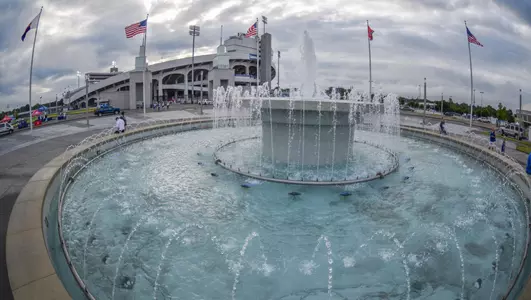
The world of professional sports management is often seen as a realm dominated by distinct cultural practices and operational philosophies unique to each sport. However, the intersection of NFL and Premier League club ownership provides a fascinating lens through which to examine cross-sport influences. This convergence is particularly evident in Premier League clubs owned by NFL franchise owners, who bring their American sports management expertise to the British football scene. The feedback from NFL players regarding the operations of these clubs offers a unique perspective on how American sports management practices have been integrated into English football.
The American Influence
The influence of American sports management can be seen across several facets of Premier League club operations, including facilities, management styles, and overall operational efficiency. NFL owners, accustomed to the commercial and competitive demands of the American sports landscape, often bring innovative practices to their Premier League ventures. This includes a focus on state-of-the-art facilities, strategic management, and an emphasis on maximizing both athletic performance and commercial success.
For instance, Arsenal, owned by Stan Kroenke, who also owns the NFL's Los Angeles Rams, exemplifies this cross-cultural exchange. The club's facilities and operational strategies reflect an emphasis on high-performance environments similar to those in the NFL, where player amenities and training facilities are paramount. Moreover, Kroenke's approach to ownership, characterized by significant investment in infrastructure and a focus on long-term success, mirrors his management style with the Rams.

Grading the Operations
NFL players, familiar with the rigors and expectations of top-tier American sports franchises, have provided insights into the operational standards of Premier League clubs owned by NFL proprietors. These evaluations cover various aspects, from the quality of training facilities to the availability of nutritional and medical support for players. The feedback underscores the areas where American ownership has positively impacted English clubs, as well as areas that still require improvement.
For example, the facilities at clubs like Tottenham Hotspur, partially owned by the NFL's Miami Dolphins' owner Stephen Ross, have received praise for their modernity and comprehensive nature, ensuring players have access to elite training environments. The Tottenham Hotspur Stadium itself, which hosts both Premier League and NFL games, is a testament to the blend of American and British sports cultures, offering amenities and features that are rare in traditional European football stadiums.
Management Styles and Strategic Differences
One of the key areas of influence is the management style adopted by NFL owners in their Premier League clubs. The American approach often involves a more business-centric focus, with an emphasis on data analytics and strategic planning. This is a departure from the more traditional football management styles seen in the UK, which have historically prioritized on-field tactics over broader organizational strategy.
NFL owners bring a wealth of experience in leveraging data to enhance performance, a practice that has slowly been adopted in the Premier League. Clubs like Liverpool, under the ownership of Fenway Sports Group, have successfully implemented data-driven approaches that mirror the analytical strategies used in the NFL. This includes using statistics to inform player recruitment, match preparation, and in-game strategy.
Moreover, the operational efficiency of these clubs often reflects the structured and systematic approaches seen in American sports. This involves clear hierarchies, defined roles, and a focus on commercial success alongside sporting achievements. This has led to a more robust and sustainable operational model, which is evident in the financial growth and stability of clubs like Manchester United and Arsenal.
Lessons Learned and the Way Forward
The cross-pollination of NFL and Premier League management practices offers valuable lessons for both sports. The integration of American business acumen with the rich football traditions of the Premier League can lead to enhanced competitive performance and commercial success. However, it also requires a delicate balance to maintain the cultural heritage and identity of English football.
For Premier League clubs, the challenge lies in adopting the best practices from the NFL without losing their unique identity and fan connection. This involves fostering an environment where innovation is embraced, but the core values and traditions of the club are preserved. As these ownership models continue to evolve, the Premier League may see an even greater influence of American practices, potentially reshaping the landscape of English football.
In conclusion, the NFL's influence on Premier League club operations is a testament to the globalization of sports management. By blending American efficiency with British tradition, these clubs are setting new standards in sports administration. Through continued collaboration and adaptation, both the NFL and Premier League can learn from each other, paving the way for a more integrated and successful future in global sports.